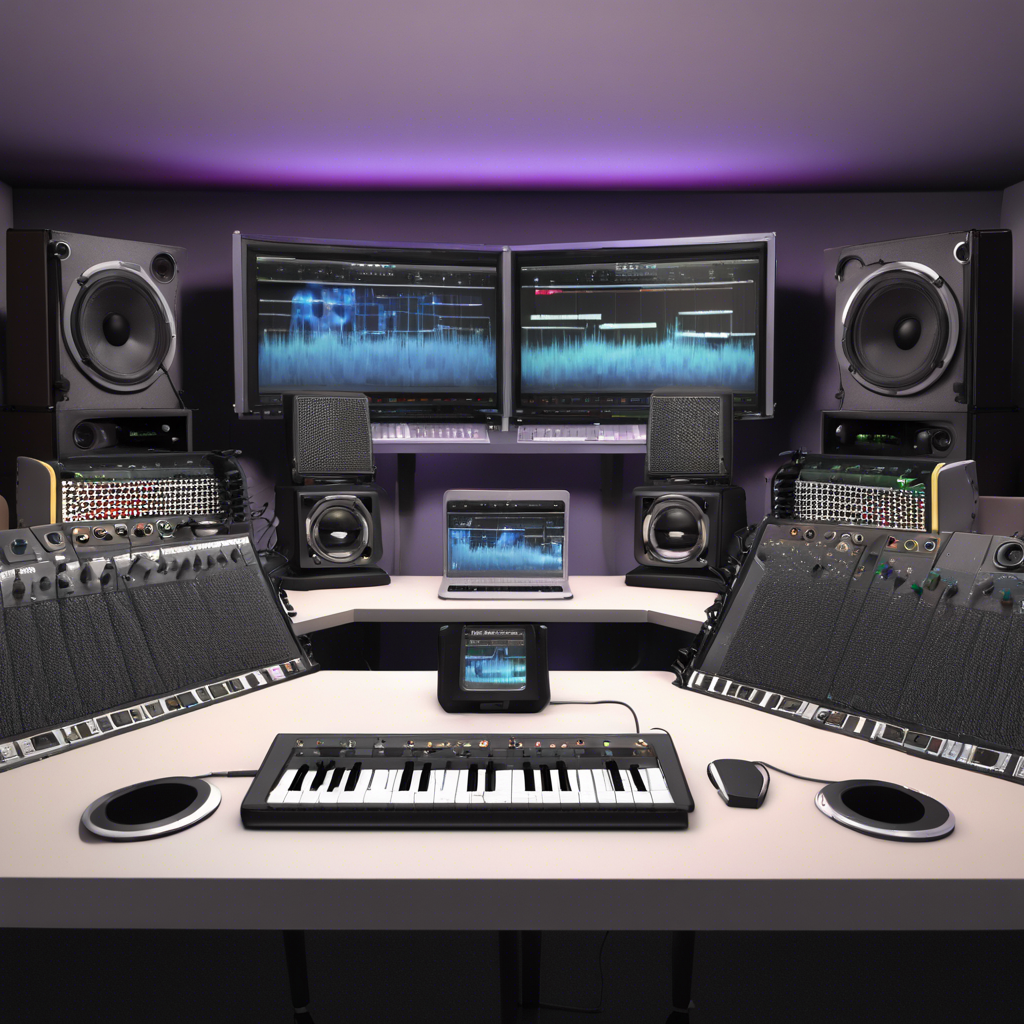
Hearing your own voice pronouncing words you've never uttered before can be quite unsettling. However, living in this AI-driven era of 2024, such developments are almost expected. It's no surprise now that AI can clone your voice and replicate it almost perfectly. What's startling, at least for me, is how simple the process has become. You can find free AI voice cloners online, clone your voice, and make it say anything in just a few minutes. The training phase takes merely 30 seconds, and there are no significant security measures or limitations on its use. This means you could potentially use it inappropriately, like making it swear or threaten someone, as there seem to be few guardrails in place. To find a voice cloner, type 'AI Voice Cloner' into Google, and you'll see numerous options. Some require a monthly fee before cloning your voice, though many offer free versions. I tested a few and found most of them, despite claims of high accuracy, generated a robotic-sounding voice that wasn’t convincing at all. I aimed to create a voice clone that could deceive my wife. I eventually chose Speechify for voice cloning because it was user-friendly, offered full access, and required only 30 seconds for training. After creating a free account on Speechify, you can speak into a microphone for a short duration to train the AI.
You can then input text and click Generate to hear it spoken in your voice. If security is a concern, Speechify’s privacy policy assures users that their information will never be sold and that their privacy is protected—meaning your voice data is solely for your use. I believed my creation was convincing, but I needed my wife's opinion. I played a sample clip behind her, and although she laughed knowing it came from my MacBook speakers, she was impressed. "It sounds like you, but better, " she remarked. The advantage of cloning your voice is its flawless delivery—no "ums" or "ahs, " just perfection. Considering the numerous times I've recorded podcast intros only to re-record due to mistakes, I see a clear application for AI voice cloning. However, this capability poses risks since the cloned voice can say virtually anything. Even beyond potential voice theft in scams, the security implications extend posthumously. For instance, the late British talk show host Michael Parkinson is launching a new podcast called Virtually Parkinson, using AI to revive his voice for real-time interviews. While Parkinson's estate supports this, what if unauthorized cloning occurs? David Attenborough, the iconic figure of BBC natural history programming, voiced concerns over an AI version of his voice, calling it "disturbing. " We now live in an era where AI can autonomously generate podcasts and even AI sports presenters are emerging. So, while the ease of AI voice cloning shouldn't shock us, its profound implications are significant. AI now allows celebrities, or their estates, to continue "working" long after passing away, casting an uncertain future for both famous figures and ordinary people. You might also like. . .
Exploring the Implications of AI Voice Cloning in 2024


In today's era of rapidly expanding digital content, social media platforms increasingly rely on advanced artificial intelligence (AI) technologies to manage and monitor the vast volume of videos uploaded every minute.

Elon Musk's artificial intelligence company, xAI, has officially acquired X Corp., the developer behind the social media platform formerly known as Twitter, now rebranded as "X." The acquisition was completed through an all-stock deal valued at approximately $33 billion, and when including $12 billion in debt, the total valuation reaches around $45 billion.

Advantage Media Partners, a digital marketing agency based in Beaverton, has announced the integration of AI-powered enhancements into its SEO and marketing programs.

Salesforce, a global leader in customer relationship management software, has reached a major milestone by closing more than 1,000 paid deals for its innovative platform, Agentforce.

In the heart of Manhattan near Apple stores and Google’s New York headquarters, bus stop posters playfully teased Big Tech companies with messages like “AI can't generate sand between your toes” and “No one on their deathbed ever said: I wish I'd spent more time on my phone.” These ads, from Polaroid promoting its analog Flip camera, embrace a nostalgic, tactile experience.

Hitachi, Ltd.

MarketOwl AI has recently introduced a suite of AI-powered agents designed to autonomously handle various marketing tasks, presenting an innovative alternative that could replace traditional marketing departments in small and medium-sized enterprises (SMEs).
Launch your AI-powered team to automate Marketing, Sales & Growth

and get clients on autopilot — from social media and search engines. No ads needed
Begin getting your first leads today